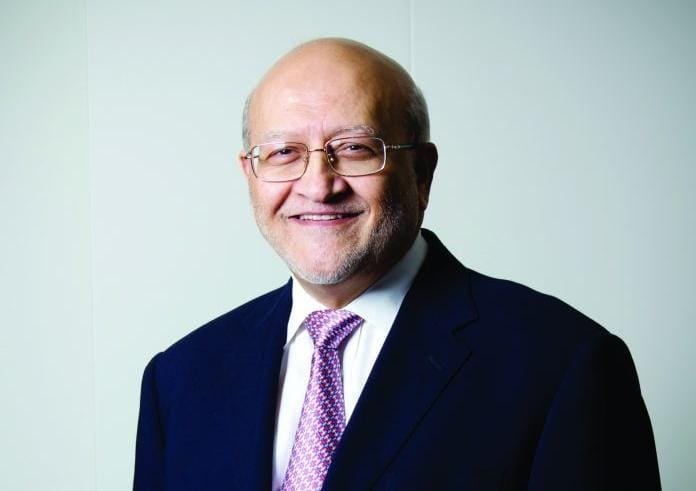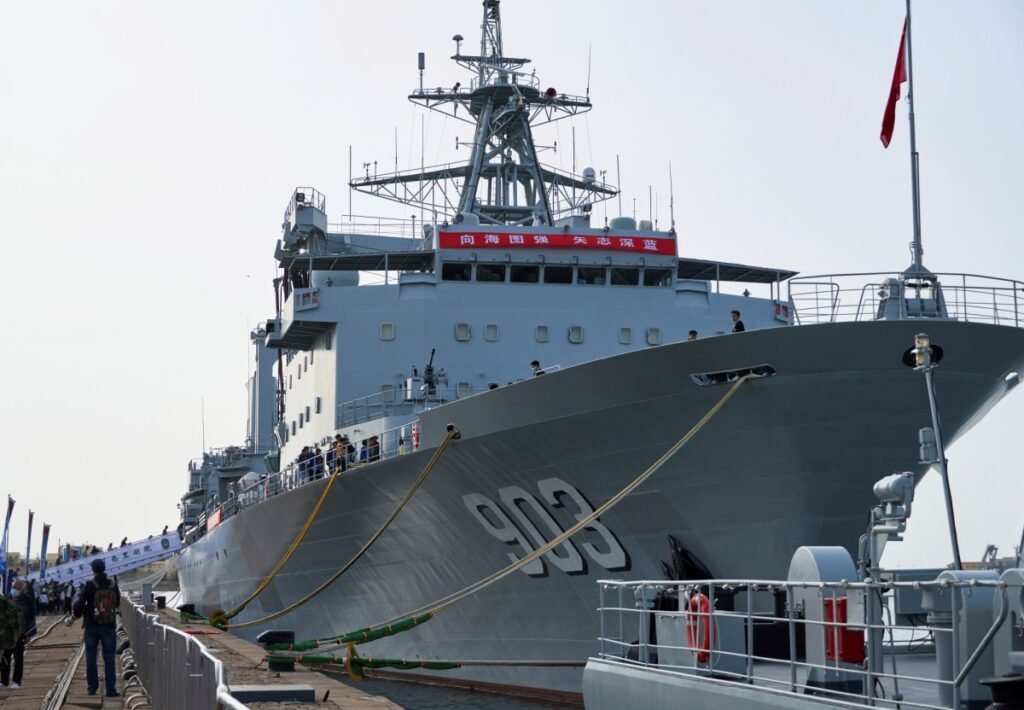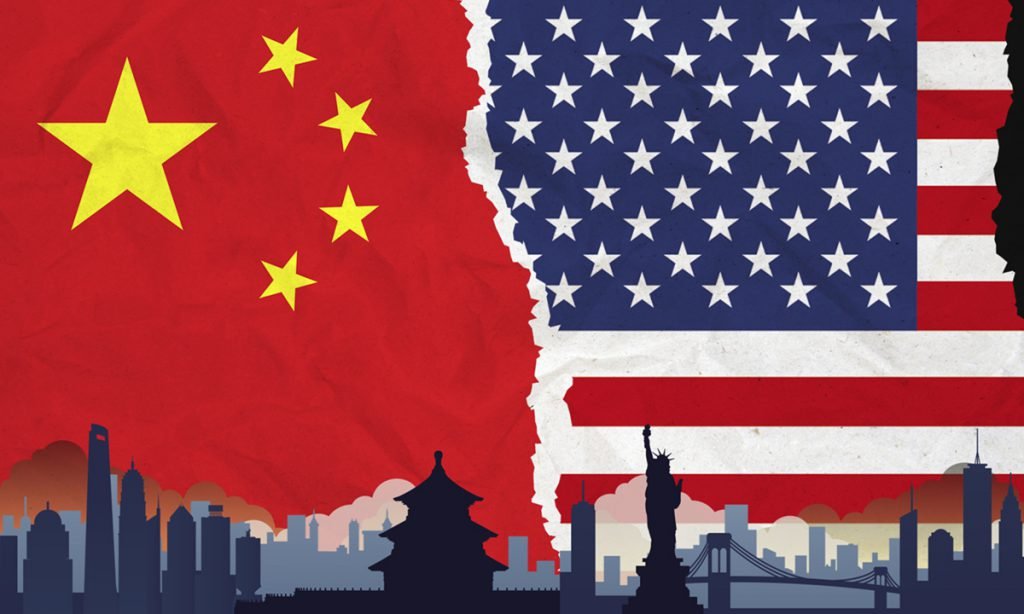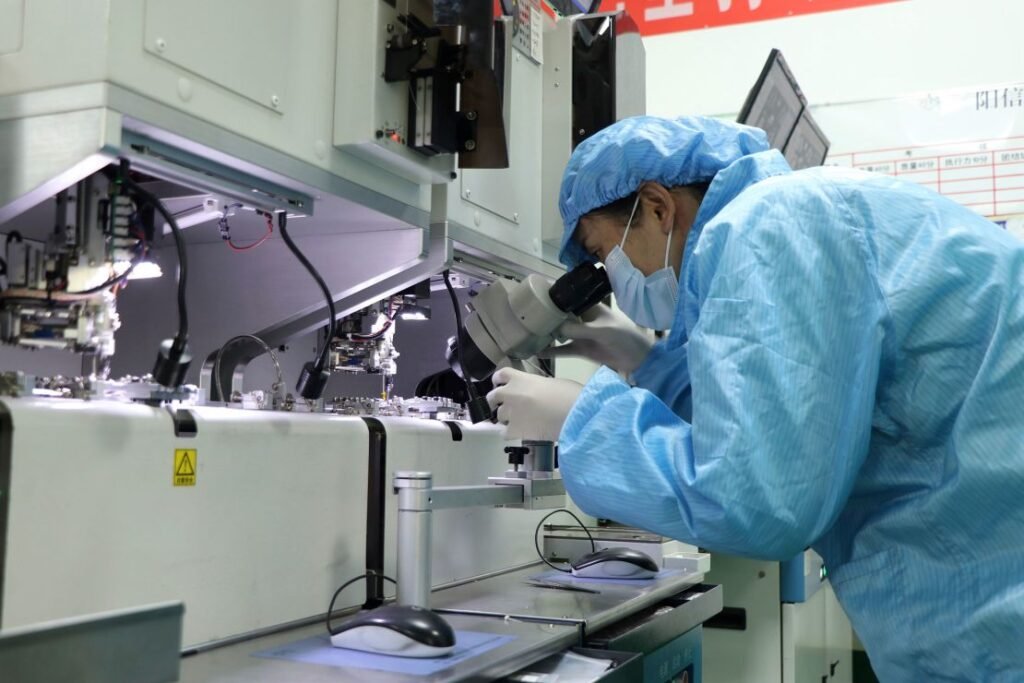Brussels – “Transforming Europe into a quantum industrial powerhouse“ by 2030: that is the vision of the European Commission, which today (2 July) presented its vision to put the EU on track in the global race towards a new technological revolution. Brussels is lagging behind, making it a security issue: “Global actors such as the United States and China are investing heavily in space and military applications of quantum technology.”
The Vice-President of the EU executive, Henna Virkkunen, spoke of “a critical moment.” “Although it may seem like science fiction to some, quantum technologies are already a reality, and the first applications are starting to enter the market.” The other major powers are further ahead, and Europe’s industrial ecosystem related to quantum research “remains very fragile due to fragmentation among member states.”
While the EU bloc is already a champion of public funding for the sector—Brussels and other capitals have invested €11 billion in recent years—the problem is still limited access to private capital: “The EU attracts only 5 per cent of global private funding compared to 50 per cent in the US,” said Virkkunen. And so, European start-ups are often easy prey for foreign companies or decide to relocate elsewhere on their own.

However, Brussels predicts that by 2040 the sector “should create thousands of highly skilled jobs across the EU and exceed a global value of €155 billion.” Provided, of course, that progress is made in the five areas identified by the strategy: research and innovation, quantum infrastructure, supply chains, space and dual-use technologies, and quantum skills.
The European Commission is working on a legislative proposal, the Quantum Act, which will give top priority to promoting innovation and investment. “At the same time, we are working on a roadmap for critical technologies in armaments,” Virkkunen explained. The military applications of quantum mechanics are rightfully part of it, and amid the continent’s rearmament efforts, they inevitably overshadow the implications that quantum technologies can have on pharmaceutical research, materials science, logistics, and finance.
The potential dual use (civil and military) of quantum technologies is enormous: quantum computing “could radically transform defence strategies,” allowing operational and logistical decisions to be made more quickly and accurately. “It can also help design new military-grade materials or protect sensitive information from cyber threats,” the European Commission points out in the strategy. And again, quantum sensing enables the tracking of submarines and underground facilities, while quantum communications ensure ‘ultra-secure’ information exchange, protecting military and intelligence data from espionage or future quantum cyber threats.
They are therefore “key factors for Europe’s strategic autonomy and operational superiority in defence and security,” the EU executive certifies. The White book on defence, presented by Brussels in the spring to kick-start the European Armament Plan, defines quantum technologies as having “the capacity to revolutionise and transform traditional approaches to warfare,” and announces that the Commission will “contribute relevant quantum advances, initiatives, and programmes to the European Armaments Technology Roadmap.” Starting in 2026, Brussels’ intention is to launch initiatives to connect start-ups and researchers in quantum technologies with large companies in the defence industry.
English version by the Translation Service of Withub






